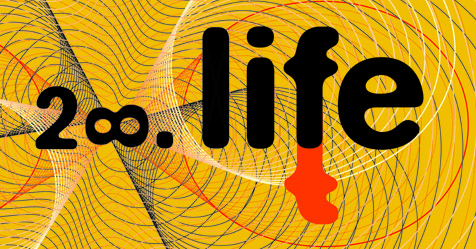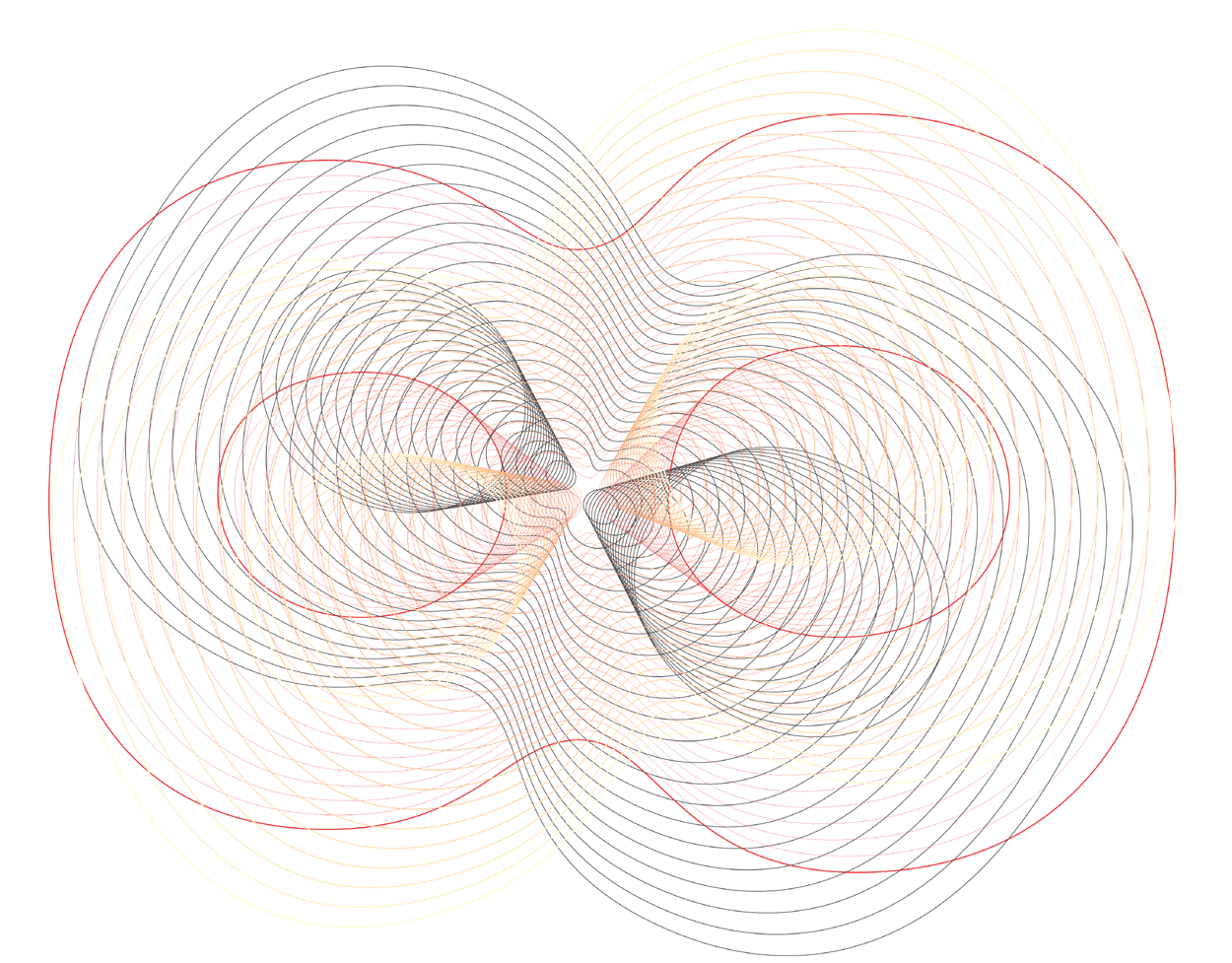On 10 November, a Q&A session followed the screening of the soul-stirring and engaged Araby at the Kinodvor Cinema. Abstaining from any romantic sentimentality, the Brazilian film – co-directed and scripted by João Dumans – is an emotionally rendered portrayal of disprivileged migrant workers throughout the world who are being denied their basic human rights. In a talk with moderator Damijan Vinter, the director explained that although having undergone many changes, the film – made between 2014 and 2016 – is based on Arabia, a short story by James Joyce, after which the film takes its name. All the stories from Joyce’s Dubliners are depictions of Irish working class, whose protagonists always come to a significant, dawning realisation – and it was this element that the Brazilian filmmaking crew aimed to convey.
Furthermore, the filmmakers sought to apply the literary principle of a frame story, the technique of a multi-layered narrative within a narrative, which is one of the reasons for the variety of ‘inspirations’ for the film. “Each film follows its own process,” stressed the director, and when a movie is not made within a limited timeframe, as commonly practised in Hollywood, the director has less control over its final version and his artistic aims are not fully realised: hence the productive eclecticism in making the Araby. The film is set in Ouro Preto, a mining community and Dumans’s hometown (whose name translates as ‘black gold’), which was selected mainly because of its colonial symbolism; a big hub of slave trade, it also served as a base to European colonial exploiters in their expansion into mainland Brazil. A non-professional actor, Aristides de Sousa, who plays the lead role, has previously worked with co-director Affonso Uchoa: the bulk of the narrative has been adapted to accommodate his acting style. However, rather than basing the plot on his personal story, Aristides’ unique presence served as the catalyst for the numerous stories about impoverished workers that kept coming to the filmmakers’ attention.
In addition to all the foregoing, the film is also an expression of protest against the deplorable political situation in Brazil. During the thirteen-year tenure of the centre-left President Luiz Inácio Lula da Silva and his successor Dilma Rousseff, Brazil witnessed many significant social and political changes. Nevertheless, in the clutches of hegemonic neoliberalism, they were unable to push really structural reforms in the political system. Apart from which, the well-organised, the well-organised right-wing elite, composed of big landowners and industrials who had always had the majority in Congress, demanded a pact from Lula da Silva, which rendered the elite even stronger than before while granting some minor concessions to the workers. When he was no longer useful, the right wing discarded Lula and installed, behind a smoke screen of alleged corruption, a repressive and restrictive neoliberal regime, policies infringing even on those hard-won labour rights that had been considered unalienable.
Written by Andraž Jež
Photo Iztok Dimc



